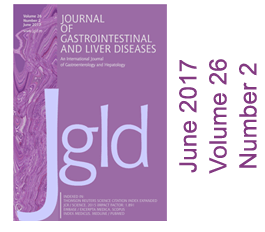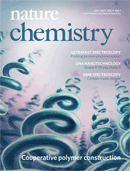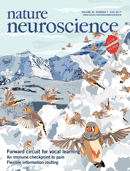 When a neuroscientist noticed there were problems with his January 2017 paper in Nature Neuroscience, he didn’t wait for the journal to take action — instead, he published his concerns about four figures on PubMed Commons. Months later, the journal has issued formal corrections to those figures — along with several more.
When a neuroscientist noticed there were problems with his January 2017 paper in Nature Neuroscience, he didn’t wait for the journal to take action — instead, he published his concerns about four figures on PubMed Commons. Months later, the journal has issued formal corrections to those figures — along with several more.
In February 2017, we praised Garret Stuber for alerting the scientific community to issues in his paper only 10 days after it first appeared online. On Twitter, he directed followers to the comment on PubMed Commons and asked them to retweet “for the sake of science integrity” — yet another example of how more researchers are taking matters into their own hands to alert readers to flaws in their papers. But according to the journal, the problems with the paper were more extensive than Stuber initially reported. Continue reading Months after neuroscientist flagged errors, Nature journal corrects them — and more

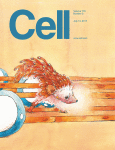
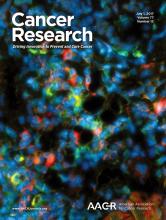
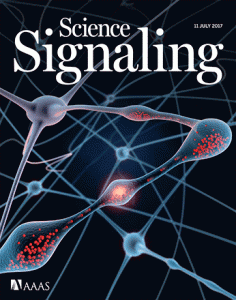

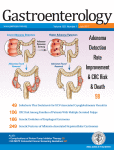
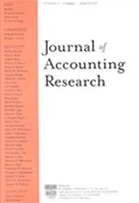 Different journals follow different editorial policies — but we’ve never seen any charge money to authors who want to appeal an editorial decision. Until now.
Different journals follow different editorial policies — but we’ve never seen any charge money to authors who want to appeal an editorial decision. Until now.